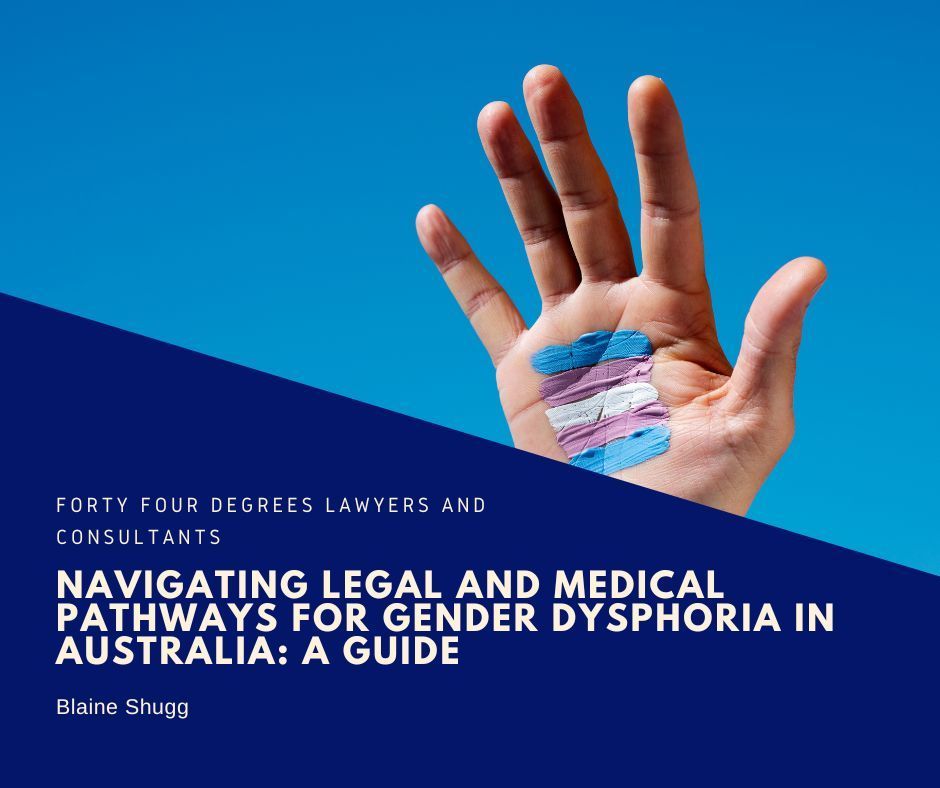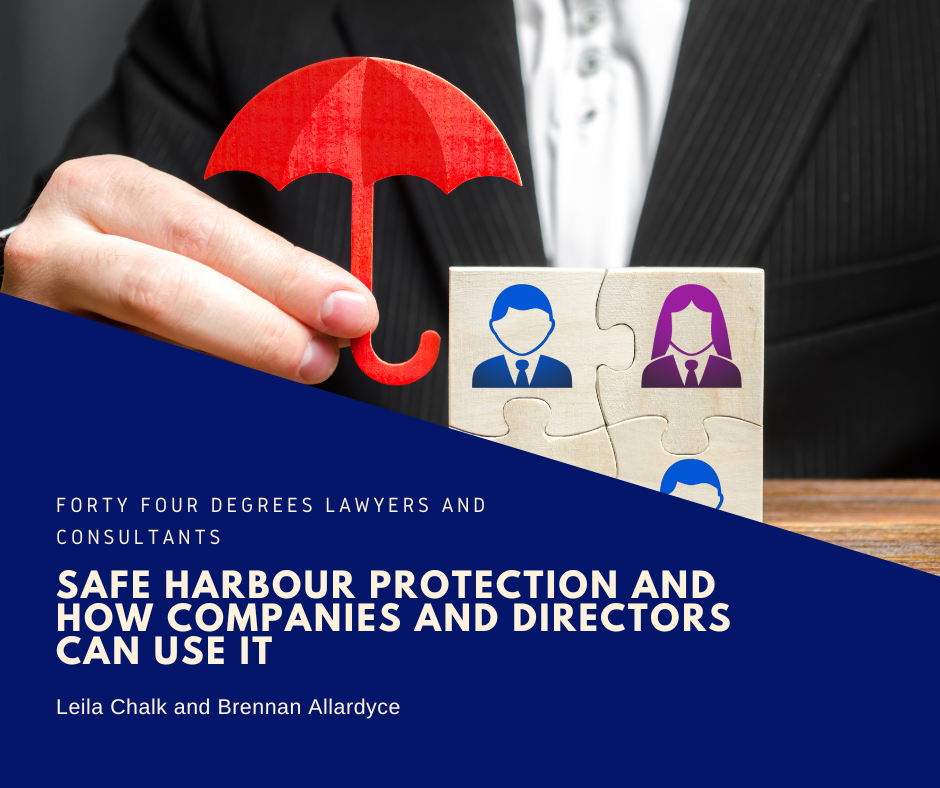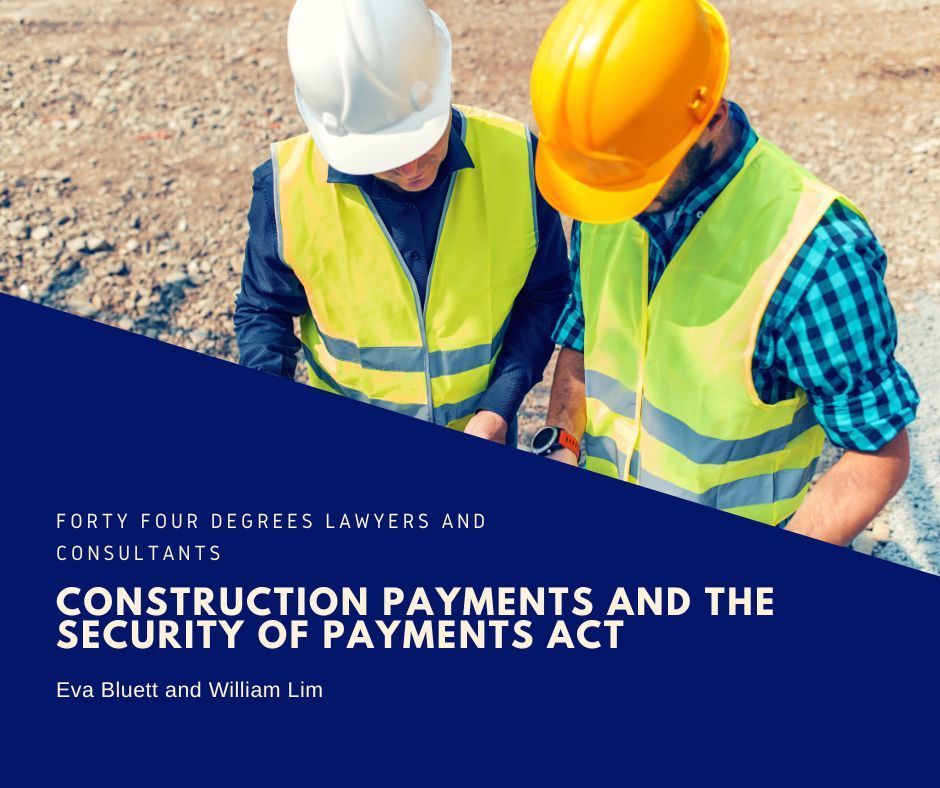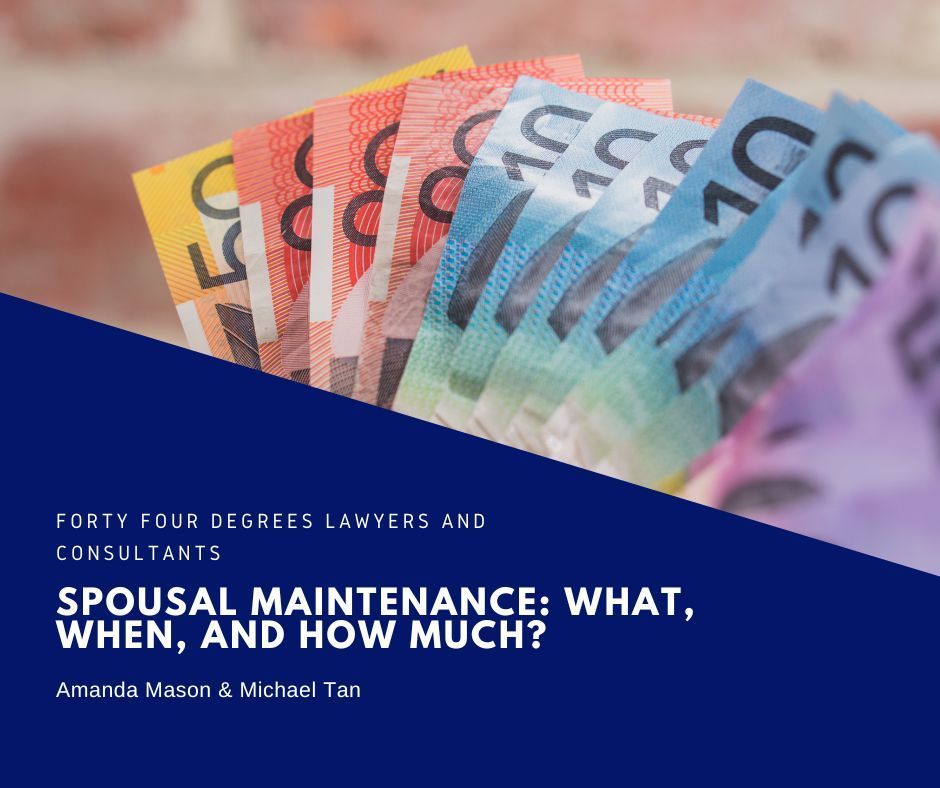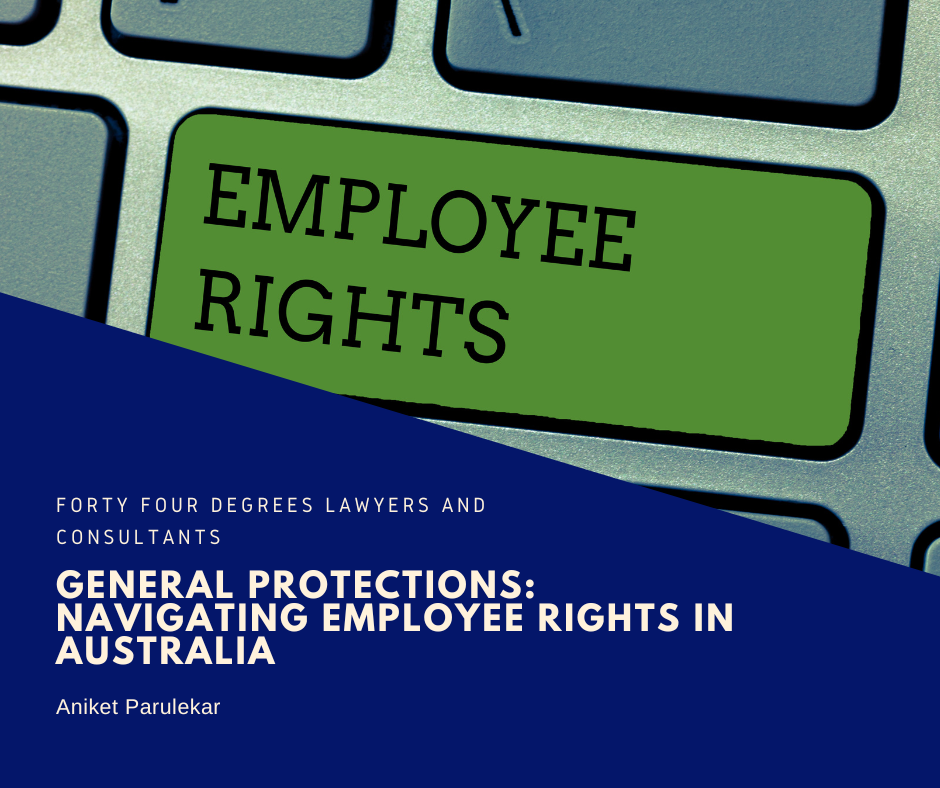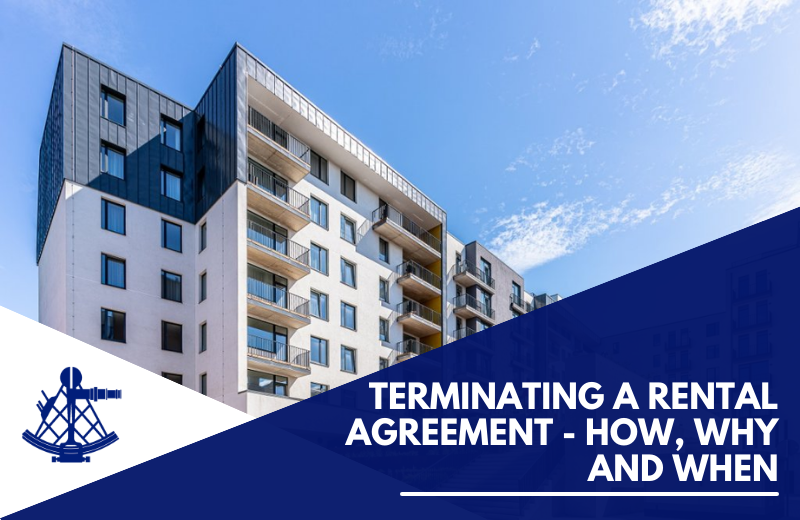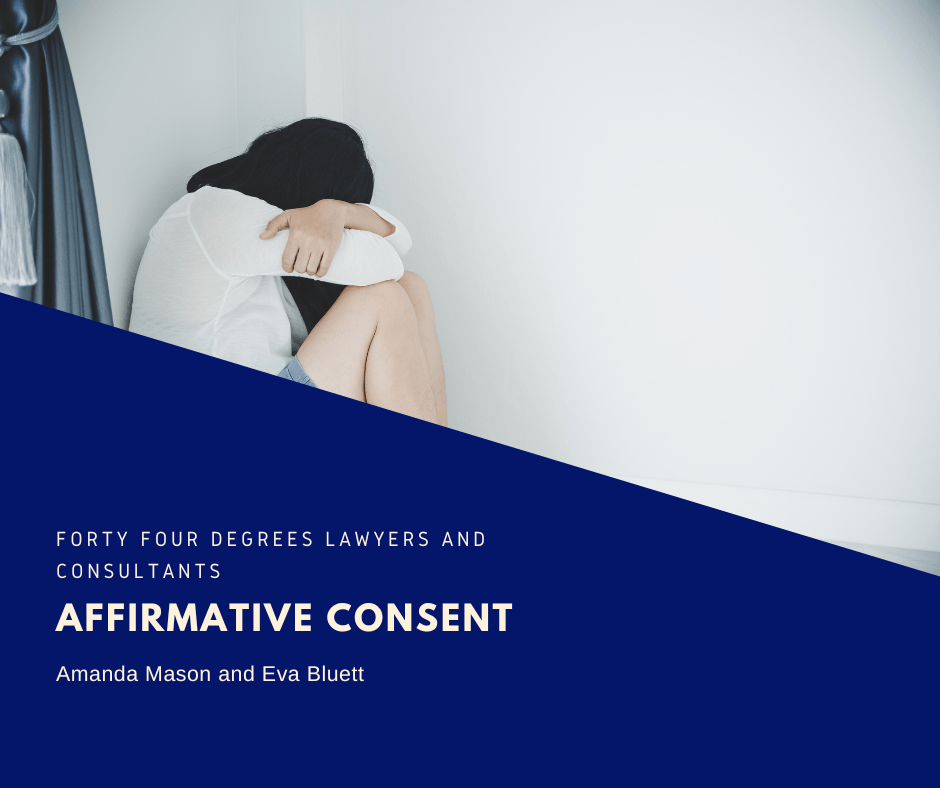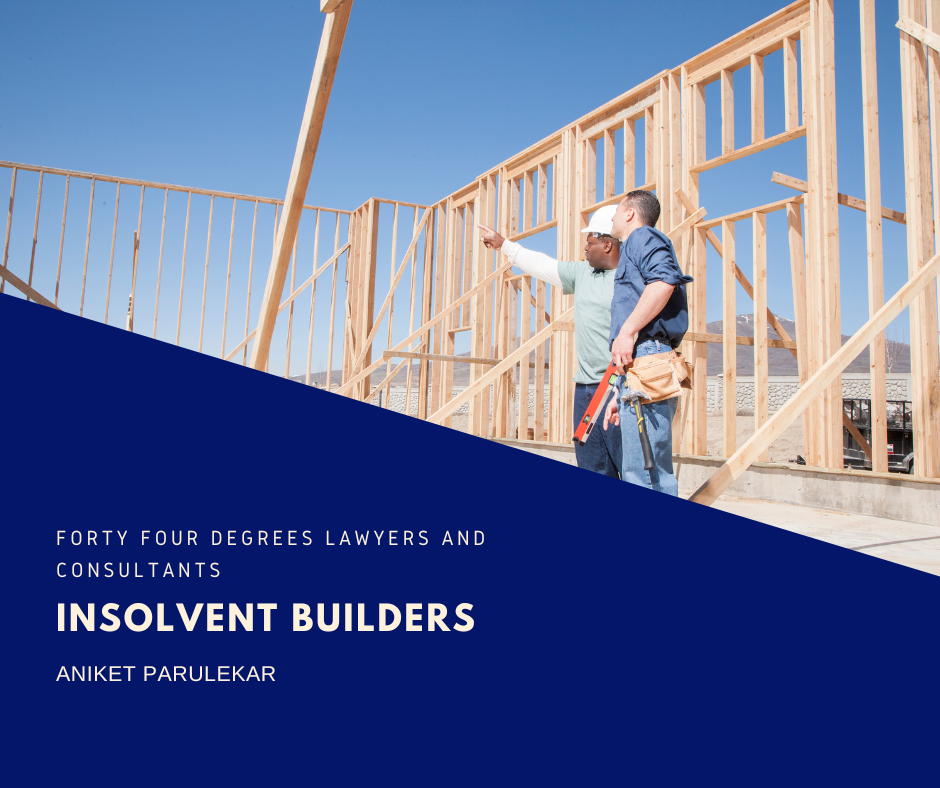Intervention Orders and Restraining Orders
Nick Tzimourtas • Jan 16, 2020
Brief overview of the types of intervention orders and how they work.
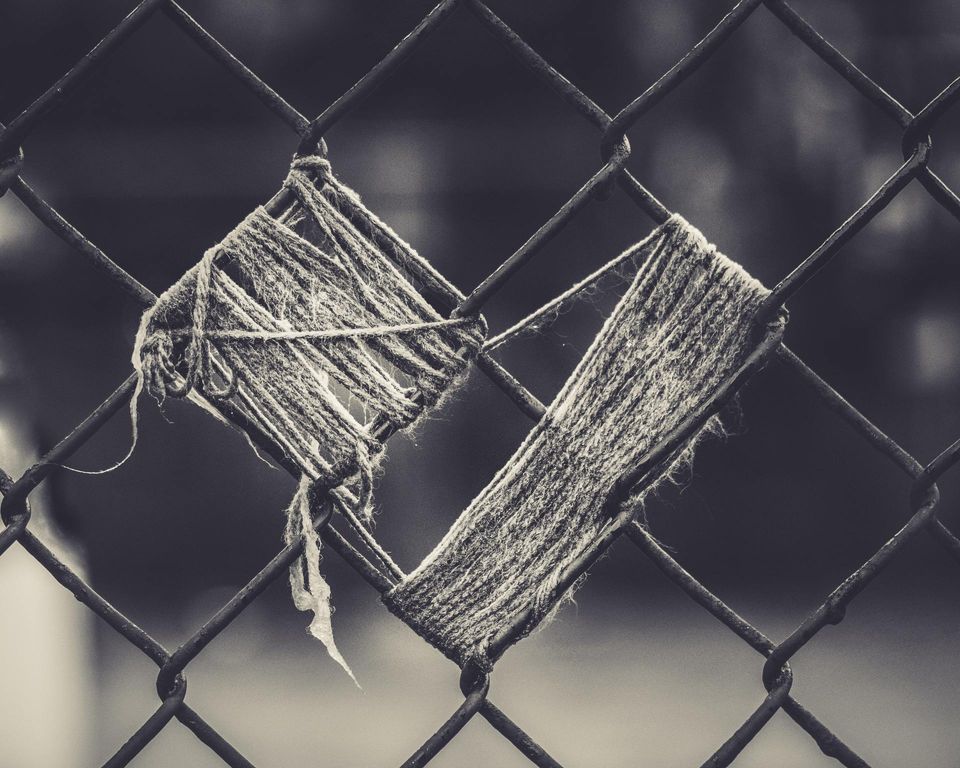
What are they?
Much like the ‘restraining orders’ we hear about on American television programs, an Intervention Order (IVO) is essentially a court order to help protect you and your family from the threat of violence, or from anyone who makes you feel unsafe.
Whilst an Intervention Order is specifically relevant to Victorian Courts, with other state jurisdictions having their own version of a restraining order (e.g. the Apprehended Violence Order in NSW), the Intervention Order and its counterparts are enforceable throughout the entirety of Australia.
There are two types of Intervention Orders that can be applied for in Victoria:
1. A family violence intervention order
2. A personal safety intervention order
Both of the above Intervention Orders practically establish the same level of safety and are relatively similar. The main difference being the relationship between the affected person and the person you are applying for protection from.
If the person you are seeking protection from is a family member, including ex-spouses in family matters, then we would arrange for you to make a family violence intervention order.
What can an Intervention Order do?
If you or an immediate family member has been the subject of harmful behavior, are there is the reasonable threat that this harmful behavior will continue, then applying for an intervention order will establish a court-ordered mandate of safety for yourself and your loved ones.
Each Intervention Order is different based on the level and what type of harmful behavior has been occurring, including both physical and psychological harm and harassment. An Intervention Order has the power to protect you and your loved ones from harassment, stalking, threats, and intimidation. This is often done through the court ordering that a person is not allowed to contact the protected party in any way, and also not allowed to be near the person or their place of residence.
Typical conditions imposed include:
- committing family violence against the protected person
- intentionally damaging the protected person’s property or threatening to do so
- attempting to locate or follow the protected person or keeping them under surveillance
- publishing on the internet or by email or other electronic communication any material about the protected person
- contacting or communicating with the protected person by any means
- approaching or remaining within a certain distance of the protected person
- going to or remaining within a certain distance of where the protected person lives, works or attends school or childcare
- getting another person to do anything the respondent must not do under the order
How can a lawyer help?
Our office boasts a number of lawyers with expertise in family law and violence related intervention orders. Our team can provide legal advice, assist with the application, and attend court hearings. It is appropriate for both the applicant and the respondent to have a lawyer attend on their behalf as complicated interpersonal issues often benefit from forensic analysis.
If you have been served with an application for an intervention order, you ought to get advice as to how best to respond to the application.
What next?
For more information or to have a chat, please contact us on 1300 892 237.
Nick Tzimourtas
is a lawyer at Forty Four Degrees focusing on family law, wills, probates, estates, and criminal law.
Contact Us
We’re an Australian Law Firm promoting a nuanced, personal touch. We have the skills you need to resolve your case quickly and with a positive outcome. Our straight talking team stays close to simplify what is most often a complicated process. We help individuals and businesses with technology and startup law, property law including conveyancing and leasing, commercial law, civil litigation, wills, estates, bankruptcy, insolvency, criminal law, and professionals facing investigations and charges from their regulatory body.
We have a connected network of talented lawyers in Melbourne CBD, Dandenong, Ballarat, and Ivanhoe East.
Fill out the form or call us on 1300 892 237.
Thank you for contacting us.
We will get back to you as soon as possible
We will get back to you as soon as possible
Oops, there was an error sending your message.
Please try again later or call us on 1300 892 237.
About Us
We do business your way.
203/ 50 Market St, Melbourne VIC 3000
50 Lydiard St South
Ballarat Central VIC 3350

